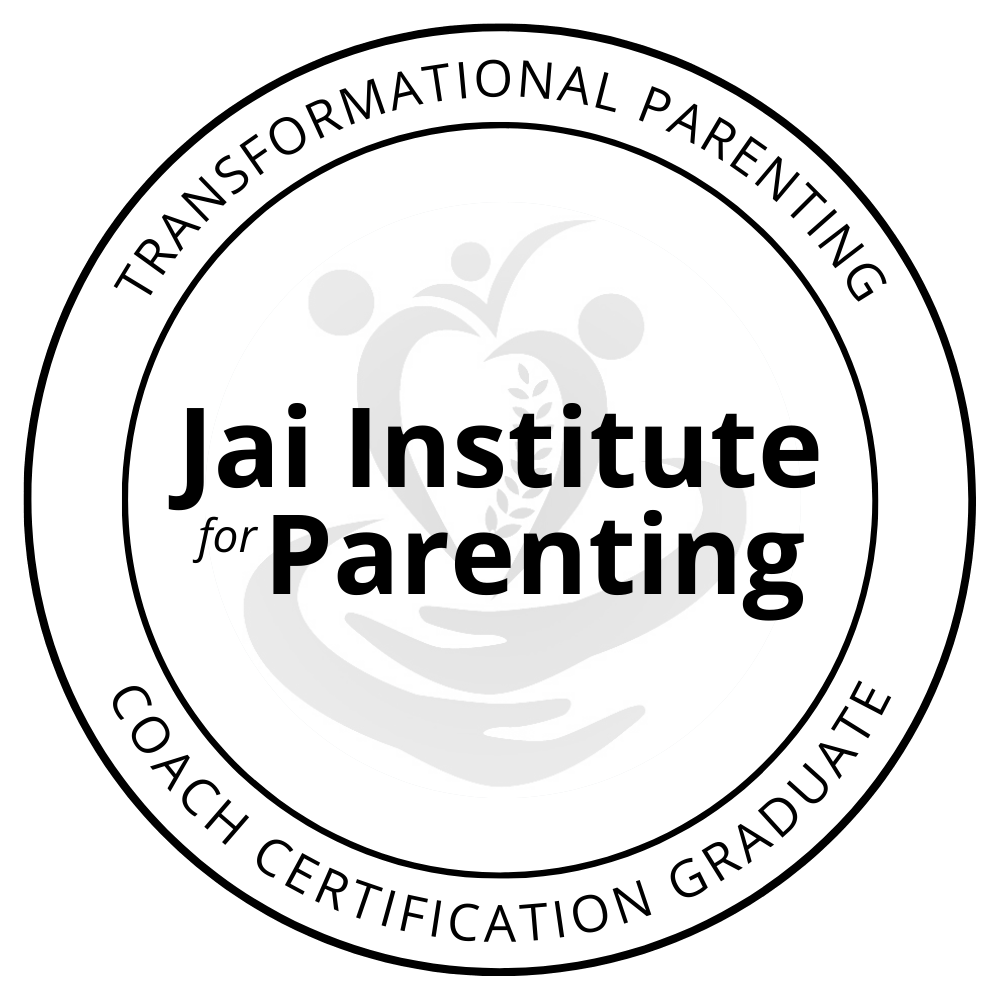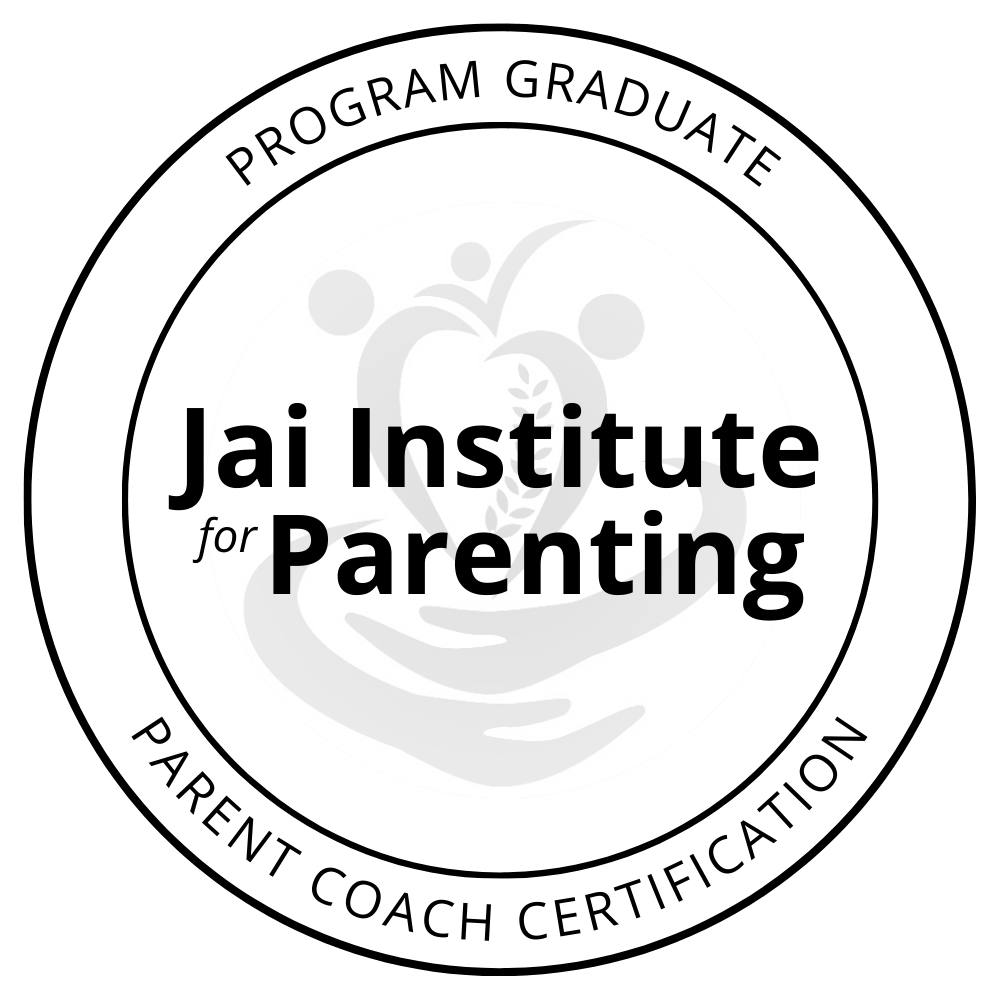Moving past parental guilt/self-anger
How to move past guilt when you lose your temper or don't live up to your standards as a parent
It's completely normal to experience feelings of guilt or self-anger when you lose your temper or feel like you haven't lived up to your standards as a parent. Parenting is a challenging role, and no one is perfect. However, it's important to remember that everyone makes mistakes, and what matters most is how you handle those mistakes and learn from them. Here are some strategies to support yourself and move through guilt and self-anger:
1. Acknowledge your emotions: Recognize and accept your feelings of guilt and self-anger. It's okay to feel these emotions, but it's important not to let them consume you.
2. Practice self-compassion: Treat yourself with kindness and understanding, just as you would treat a friend who made a mistake. Remember that you're human and that everyone has moments they regret.
3. Reflect on your triggers: Take some time to reflect on what led to the situation that caused you to lose your temper or not meet your standards. Understanding your triggers can help you better prepare for similar situations in the future and find healthier ways to respond.
4. Apologize and make amends: If you feel you've acted inappropriately or let your child down, apologize to them. Taking responsibility for your actions and showing your child that you're willing to make amends is an important step towards healing and rebuilding trust.
5. Learn from the experience: Use the situation as an opportunity for growth and learning. Reflect on what you could have done differently and make a commitment to change your behavior moving forward. Seek resources, such as parenting books or online communities, to gain new insights and strategies.
6. Seek support: Reach out to trusted friends, family members, or support groups who can offer empathy, guidance, and understanding. Sharing your feelings and experiences with others can help alleviate the weight of guilt and self-anger.
7. Take care of yourself: Engage in self-care activities that help you relax, recharge, and release stress. This could include exercise, spending time in nature, practicing mindfulness or meditation, or pursuing hobbies that bring you joy.
8. Prioritize self-improvement: Make a commitment to personal growth and development as a parent. Attend parenting classes or workshops, read books on positive parenting techniques, or consider seeking professional help, such as therapy or counseling, to work through any underlying issues.
Remember, being a parent is a journey, and it's important to be patient and forgiving with yourself. By taking steps to learn and grow from your experiences, you can become a better parent and create a loving and supportive environment for your child.





